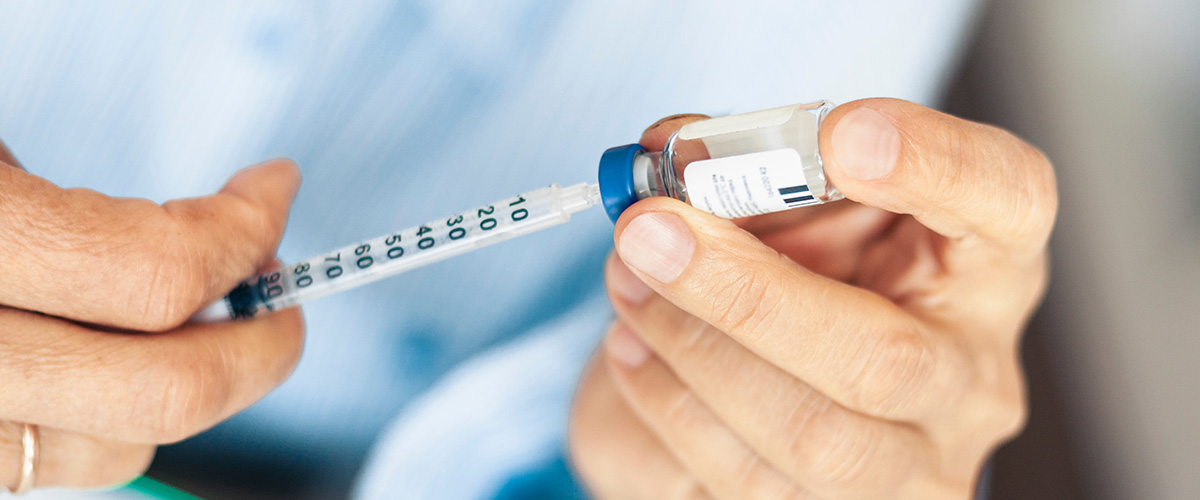Could the U.S. consumer finally see some relief from the stress of the inflationary environment?
Patrick Scardina, Manager, Regional Underwriting researched how the Inflation Reduction Act could potentially affect the Pharmaceuticals industry specifically. In August 2022, the Inflation Reduction Act (IRA) was passed with sweeping changes felt across many facets of the economy both in the near-term, and over a longer-term horizon (5-7 years).
According to the CDC, 37.3 million Americans (about 1 in 10) have diabetes. 96 million American adults (more than 1 in 3) have prediabetes. For those with Type 1 diabetes, insulin is often prescribed since the pancreas can no longer produce it. An estimated 350,000 people in the United States use insulin pumps, another 30,000 are believed to have Type 2 and are likely headed to Type 1 if their sugar levels do not come down following prescribed metformin from their doctor. As of March 2022, the price for a vial of insulin ranged from $50 to over $1,000, and a pack of pens ranged from $45 to over $600. According to the American Diabetes Association, medical costs related to disabilities reached over $9,500 per year for certain insulin patients prior to the passing of the IRA.
The passing of the IRA and subsequent acts by the dominant pharmaceutical players should provide a catalyst for all manufacturers to follow suit. As a result, Atradius anticipates a significant windfall for those with chronic diabetes as costs are set to be reduced by as much as 95% for more than 37 million Americans. With inflation continuing to persist, the passage of this provision within the IRA – while margin dilutive and a credit negative to the pharmaceutical manufacturers – will provide Americans on insulin some necessary relief and represent one small step in changing the consumer back to a spending mindset.
Taking a look at the near-term impact on the pharmaceutical sector, the IRA capped the cost of insulin, including pumps at $35 per month for seniors with coverage under Medicare Part D starting on January 1, 2024. Following the passage of the IRA, there was a call to action by the U.S. Government to ensure equal relief regardless of insurance status. The dominant players in the market, Eli Lilly, Novo Nordisk, and Sanofi, which combine to supply 90% of the U.S. insulin, stepped up to the plate in a big way. In early 2023, each of the three manufacturers agreed to cap out-of-pocket costs at $35 per month for those with private insurance to be consistent with what will be provided to Medicare Part D insulin users in January 2024.
While inflation continues to be an obstacle, the Inflation Reduction Act is showing very positive affects for the pharmaceuticals industry, specifically regarding insulin. This is looking like the first step to continued success, and hopefully manufacturers look at this and continue to lessen costs of insulin for consumers as well.
Pharmaceuticals
How Does Credit Insurance Protect Pharmaceutical Companies?
Discover how credit insurance can help pharmaceutical businesses mitigate risks related to payment delays, regulatory changes, global supply chain issues, and more.
Learn MoreGet in Touch
Looking For a FREE Quote?
Obtaining a free Trade Credit Insurance quote or just some more information is fast and easy! Get in touch with us today.
Get Started Call 800-822-3223

